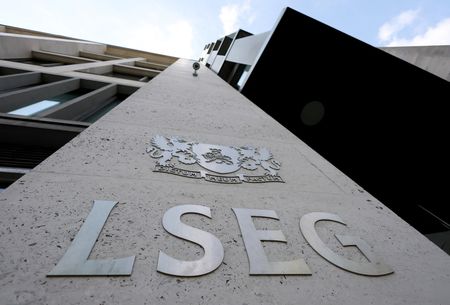By Giuseppe Fonte and Giselda Vagnoni
ROME (Reuters) -Italy is considering a one-off levy for households to declare gold held off the books, an amendment to the 2026 budget law showed, in a move that could potentially yield the state more than 2 billion euros ($2.3 billion).
The proposal would allow individuals to pay a 12.5% tax to certify the market value of bullion, gold jewellery and collectible coins for which purchase records are missing, the same rate as on government bonds. The certification has to be done by June 2026.
Under current rules, the lack of proof of purchase can lead to a 26% tax on the entire sale value, rather than just the actual capital gain.
This has discouraged people from selling their inherited gold on the official market and pushed some transactions into informal or undeclared channels, limiting market liquidity and tax revenues, lawmakers from the co-ruling League and Forza Italia party said.
Some estimates put privately held gold in Italy at 4,500–5,000 metric tons, worth roughly 500 billion euros at current prices.
Italy’s network of “Compro Oro” shops — businesses that buy and sell gold — has seen a sharp rise in activity as prices hit record highs. Sales of used gold jumped by around 25% in 2025, with more than 1.2 million transactions per month, driven by households cashing in old jewellery and coins, according to Metropolitan Magazine, an Italian publication.
Under the proposed measure, taxpayers opting in would declare their holdings at market value, pay the substitute tax in one or three annual instalments, and obtain a stepped-up fiscal value basis for future sales.
The process would be overseen by authorised intermediaries and advisers, with strict anti–money-laundering checks.
Supporters say the measure could generate significant one-off revenues for the Treasury, while improving transparency in a market long characterised by opaque holdings and informal family transfers.
Based on an assumption that 10% of privately held investment gold is certified, the draft estimates additional revenue of up to 2.08 billion euros.
The proposal also seeks to encourage the “legal circulation” of gold by removing what stakeholders see as a punitive regime for individuals unable to document purchases made years—or generations—ago.
The amendment still needs to clear parliamentary scrutiny and government vetting.
($1 = 0.8575 euros)
(Editing by Emelia Sithole-Matarise)










